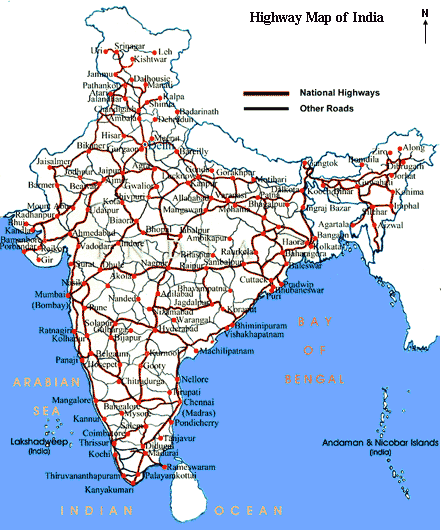Words shown below are known as modal verbs in English grammar.
- Can
- Could
- May
- Might
- Will
- Would
- Must
- Shall
- Should
- Ought to
Let’s see how to make passive voice of the sentences which have modal verbs in it.
Normal structure of sentence in active voice with modals in it is
Subject + modal + verb + object. (Active Voice)
Ex: She can cook the food. (Active Voice)
(Here ‘she’ is subject, ‘cook’ is verb and ‘the food’ is object.)
While changing the sentence into passive, this structure becomes
Subject + modal + be + V3 + by + agent. (Passive Voice)
Ex: The food can be cooked by her. (Passive Voice)
(Here ‘The food’ becomes subject in passive voice, ‘cooked’ is V-3 (past participle) of cook, and ‘her’ is agent (doer))
See some more examples to clarify this
- Shubham should write homework. (Active Voice)
Homework should be written by Shubham. (Passive Voice)
- Simran must learn English. (Active Voice)
English must be learnt by Simran. (Passive Voice)
- Sachin can play cricket. (Active Voice)
Cricket can be played by Sachin. (Passive Voice)
Active and Passive Voice Introduction.
Active and Passive Voice tense wise rules.
Active and Passive Voice of Interrogative Sentences.
Active and Passive Voice of Imperative Sentences.
Sentences which can not be converted into passive voice.
Active and Passive Voice practise exercise.
Active and Passive Voice Interrogative Sentences Practise Exercise.
